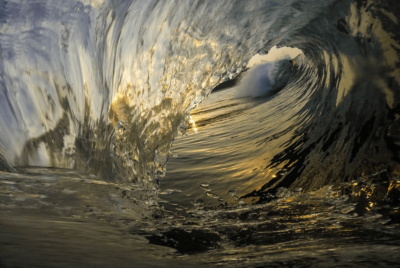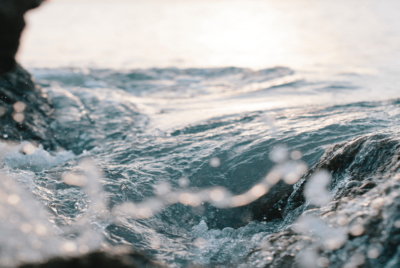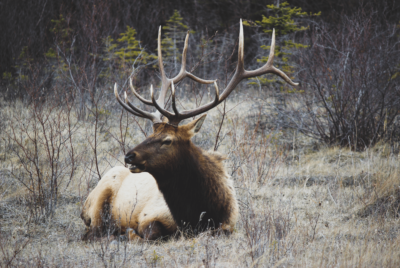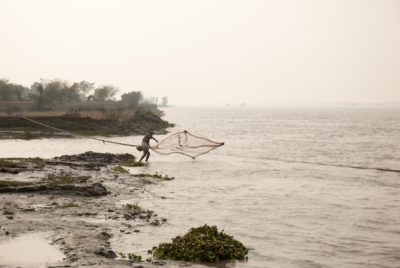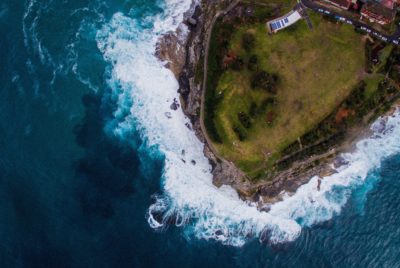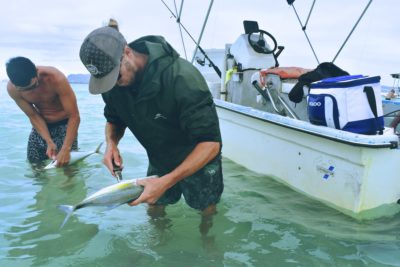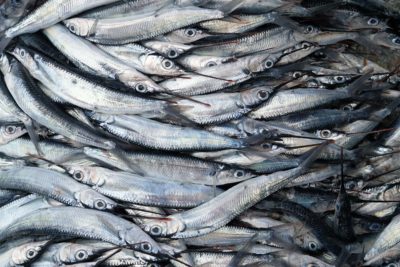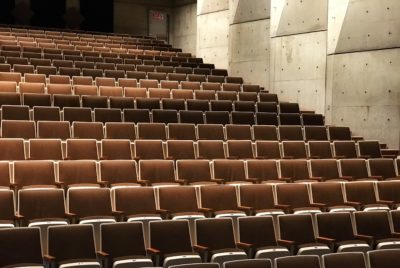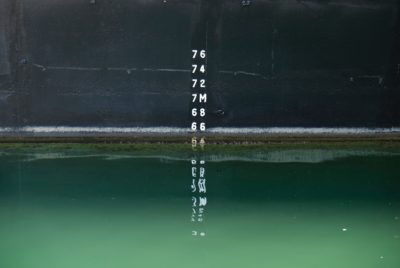News
Topics
Year
You can now watch a series of presentations given by Nereus Program research fellows describing their work in Nereus Program’s “Predicting Future Oceans” book. It is an encapsulation of a decade’s worth of ocean research done by Nereus Program, made freely available for the public to watch on YouTube.
Research Associate Marjo Vierros is lead author with a research team that includes Guillermo Ortuño Crespo, Daniel Dunn, Director Yoshi Ota, and Andrés Cisneros-Montemayor on a new study published in Marine Policy, “Considering Indigenous Peoples and local communities in governance of the global ocean commons.”
School of Marine and Environmental Affairs (SMEA) master’s student Sallie Lau (University of Washington) wrote a blog about her experience at the recent Nippon Foundation Nereus Science Conference. Both English and Chinese versions are posted here.
Nereus Program director (science) William Cheung and Rashid Sumaila are co-authors on a new paper published in Marine Policy – ‘Evaluating present and future potential of arctic fisheries in Canada’.
Research associate Suzanne von der Porten, Yoshi Ota, and Andrés Cisneros-Montemayor are co-authors on a new paper published online in the journal Coastal Management – ‘The Role of Indigenous Resurgence in Marine Conservation’.
Nereus director (science) William Cheung (UBC) and Thomas Frölicher (University of Bern) are co-authors on the newly released Special Report on the Ocean and Cryosphere in a Changing Climate (SROCC) Summary for Policymakers (SPM). It was approved and presented at the Intergovernmental Panel on Climate Change (IPCC) on September 25, 2019.
The final Nippon Foundation Nereus Ocean Science Conference was recently held at Princeton University in New Jersey. Nereus Program research fellows, principal investigators, alumni, research associates and guests presented their research and reflected on the culmination of a decade of interdisciplinary research, and what the future holds for the oceans and society.
‘Predicting Future Oceans: Sustainability of Ocean and Human Systems Amidst Global Environmental Change’ is now available. It contains contributions from previous and current Nereus research fellows, associates and Principal Investigators, and covers a diverse span of ocean topics that include marine ecology, biodiversity, economics, fisheries management, seafood supply, climate change and many more.
A new report was just released from the workshop ‘From visions to scenarios for nature and nature’s contributions to people for the 21st century’, which was co-organized by Nereus Program, Peter Wall Institute, and the Intergovernmental Panel on Biodiversity and Ecosystem Services’s (IPBES).
Nereus research fellow Tiff-Annie Kenny (University of Ottawa) is lead author on a recently published article in the journal BMC Nutrition – ‘Potential impact of restricted caribou (Rangifer tarandus) consumption on anemia prevalence among Inuit adults in northern Canada’.
Nereus Research Associate Lydia Teh (University of British Columbia) writes a blog about the Bajau Laut in Malaysia and their struggles with fishing and way of life. She discusses the balance between marine biodiversity conservation and the social side of the Bajau Laut communities, to include securing basic rights such as food, shelter, education, and an adequate standard of living.
Nereus PI Laurie Chan and Senior Fellow Tiff-Annie Kenny attended the International Society of Exposure Science and the International Society for Environmental Epidemiology conference (ISES-ISEE 2018) in Ottawa, Canada on August 26th-30th. The conference’s focus was on environmental health concerns, and included how scientific and local knowledge combine to assess the impact of contaminated fish consumption on First Nations’ health and well-being in Canada.
I think what inspires me most about this group is that it values a diverse array of approaches to research. We reward the type of disciplinary flexibility and freedom that most academic organizations tend to smother. Nereus lets us be who we want to be, not who they want us to be
Who controls the narrative on the environment? Nereus researchers have been delving deeper into work on coastal Indigenous fisheries and as they develop relationships with Indigenous community members around the world, some are starting to rethink many of the core concepts of ocean governance.
Coastal ecosystems are undergoing complex changes caused by both social and ecological drivers occurring at varying scales and speeds, which ultimately act as either risks or opportunities to coastal social-ecological systems. The assessment of adaptive capacity of coastal ecosystems is crucial in understanding the extent to which they will be able to accept and adapt to these social and biophysical drivers.
Human activities degrade and convert coastal ecosystems through infrastructure development, resource extraction, and tourism, among other anthropogenic activities. There is an urgency to gain a comprehensive understanding of how human activities/stressors impact coastal ecosystems and the ecosystems services they provide us.
Indigenous seafood consumption study featured in the Washington Post, CBC, and Metro News.
Coastal Indigenous people eat, on average, 15 times more seafood per person than non-Indigenous people in the same country, finds a Nippon Foundation-Nereus Program study published today in PLOS ONE.
Traditionally, Indigenous people have resisted research, especially quantitative research that has fed into the imposition of discriminatory socio-economic and political policies to the detriment of Indigenous communities. However, having access to a global database that quantifies fish consumption specifically by Coastal Indigenous peoples around the world, is a critical contribution to Indigenous struggle on a number of fronts.
This year, the Nereus Program will hold a seminar series with UBC’s Green College on “Adapting to global changes in oceans and fisheries.” This series will consist of seven lectures looking at how ocean changes are affecting environments and people.
The International Union for Conservation of Nature‘s World Conservation Congress took place in Honolulu, Hawaii, from September 1 to 5.
The Nereus Program was created to look at ocean questions that need input from experts on a range of topics from around the world. This past May 30 to June 3, nearly 50 of these experts gathered at the University of British Columbia for the Nereus Program Annual General Meeting.
First Nations fisheries’ catch could decline by nearly 50 per cent by 2050, according to a new study examining the threat of climate change to the food and economic security of indigenous communities along coastal British Columbia, Canada.
Vicky Lam, Fisheries Economist and Senior Research Fellow (UBC), was invited by the Fraser Basin Council to give a presentation on the impacts of climate change on fisheries on the coast of northwest British Columbia, Canada.

